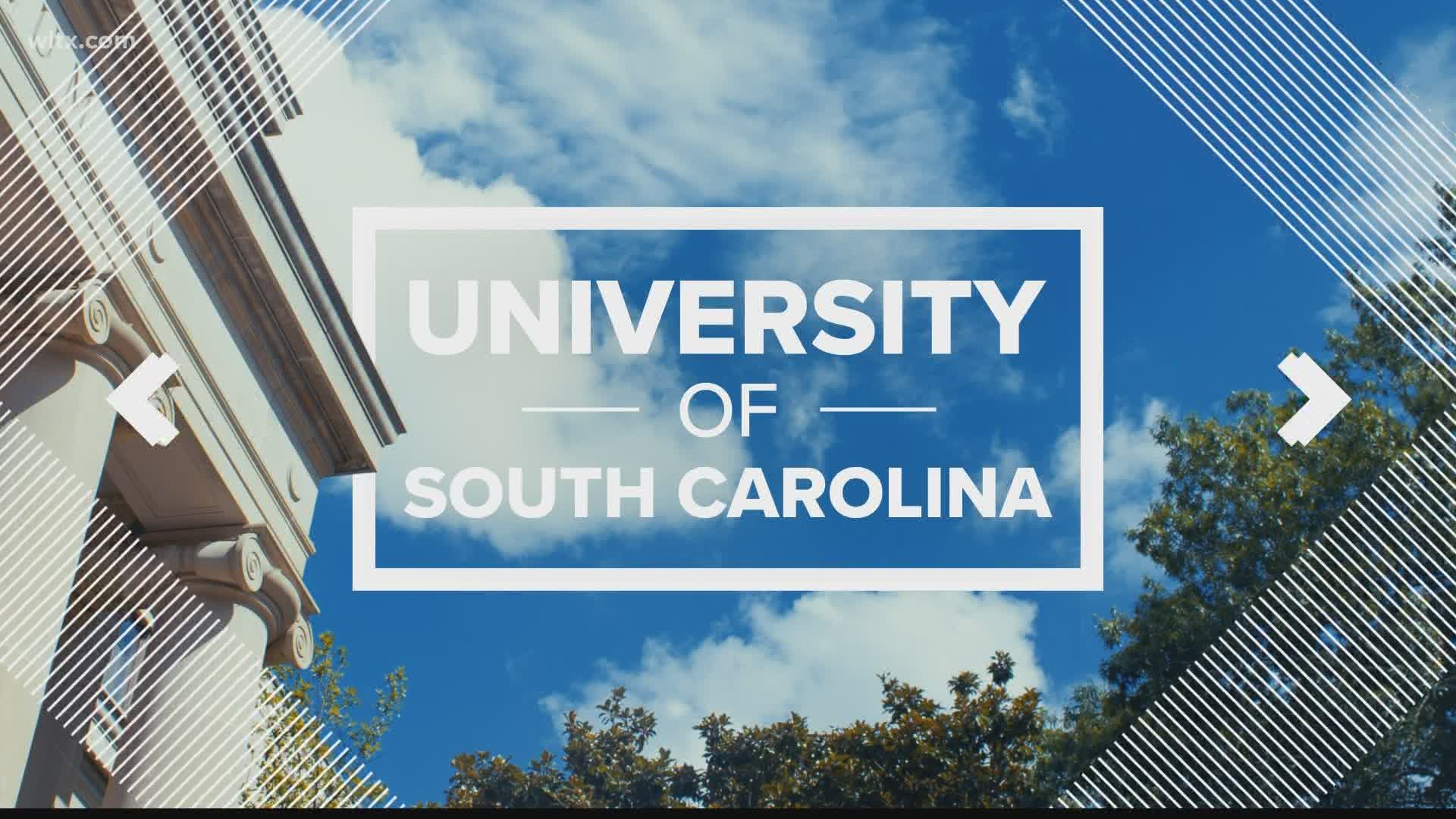COLUMBIA, S.C. — University of South Carolina reports that 1,172 students have tested positive for COVID-19 since August 1.
The school has been able to test their students, faculty and staff for free using the Saliva Assay Free Expedited (SAFE) test.
Dean Stephen Cutler of USC’s College of Pharmacy says more students are getting tested for COVID-19 than they originally expected. He says it’s because the saliva test is easy to do and gives results in 24 hours.
"We ramped up from the first day of testing - from about 300 - to our peak, which has been about 1,200 in a day. So, over the past week and a half we've tested almost 6,000 people. Mostly students, but faculty and staff as well," the dean says.
Dr. Melissa Nolan with USC’s School of Public Health says they anticipated an increase in cases when school started. "We’re really right about on track with that, we’re still within our capacity," Nolan says.
Nolan notes that the school has not seen any evidence of spread from students to faculty members that are related specifically to on-campus activities.
USC is adjusting when and how they’re offering COVID-19 saliva tests to manage the high volume of students getting tested.
"We're having more testing during the week but reducing the number of hours," Dean Cutler says. "So, more opportunities for people to spend less time in line... We've also created some 'go teams'. The 'go teams' are going to take the tests to faculty and staff to students. So, these strategies are going to reduce that length of time they're spending in line and also afford them time to continue their work and studies and we just show up with the test."
The USC community can get tested Monday through Friday from 10 a.m. to noon at Davis Field II on campus. Click here to learn how to register.
USC President Bob Caslen says in a statement on Tuesday that he applauds the large number of tests the university is doing. "We will begin to focus our testing where we are seeing increased numbers of positives, mostly identified through our wastewater surveillance," Caslen says.

